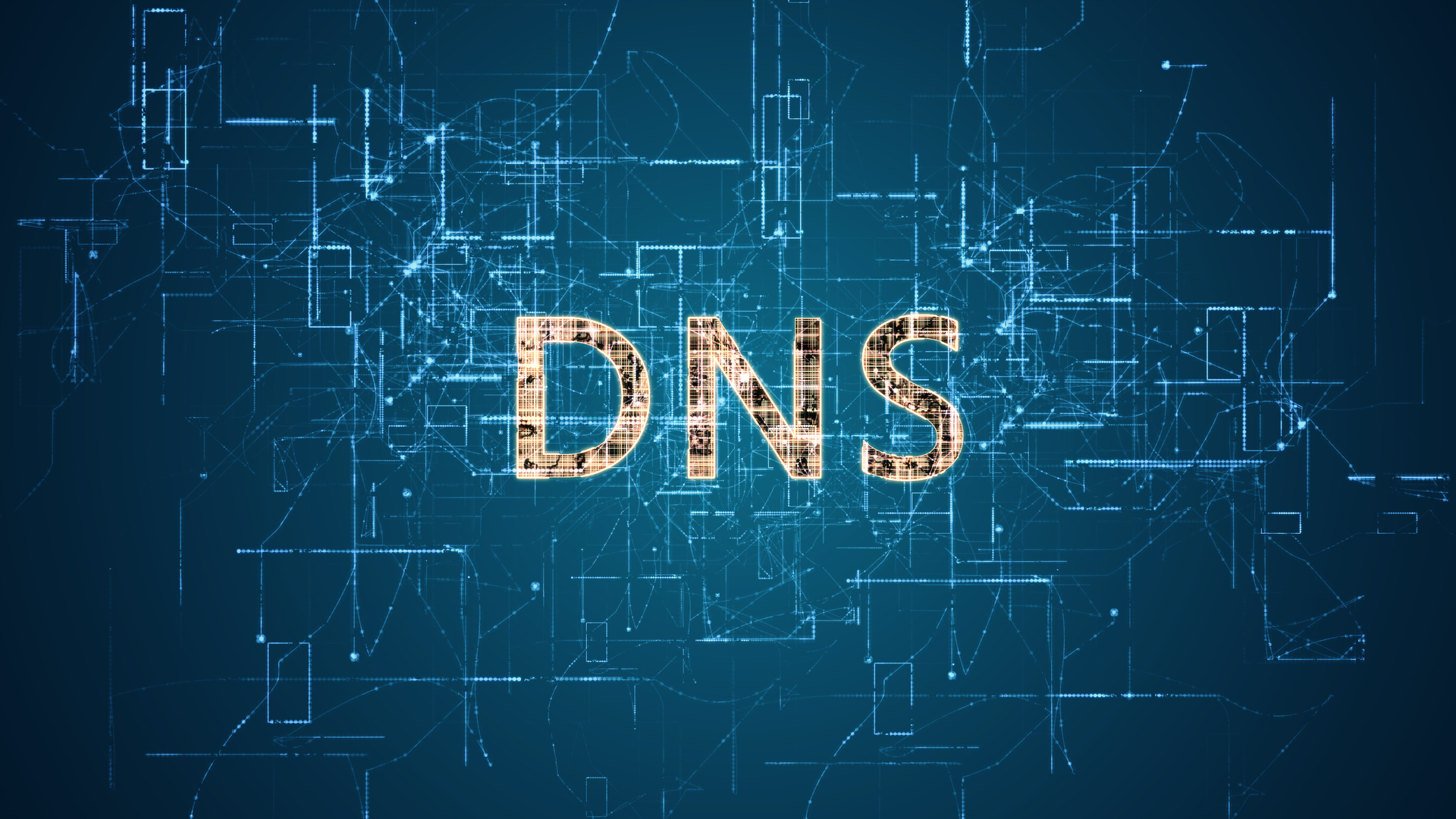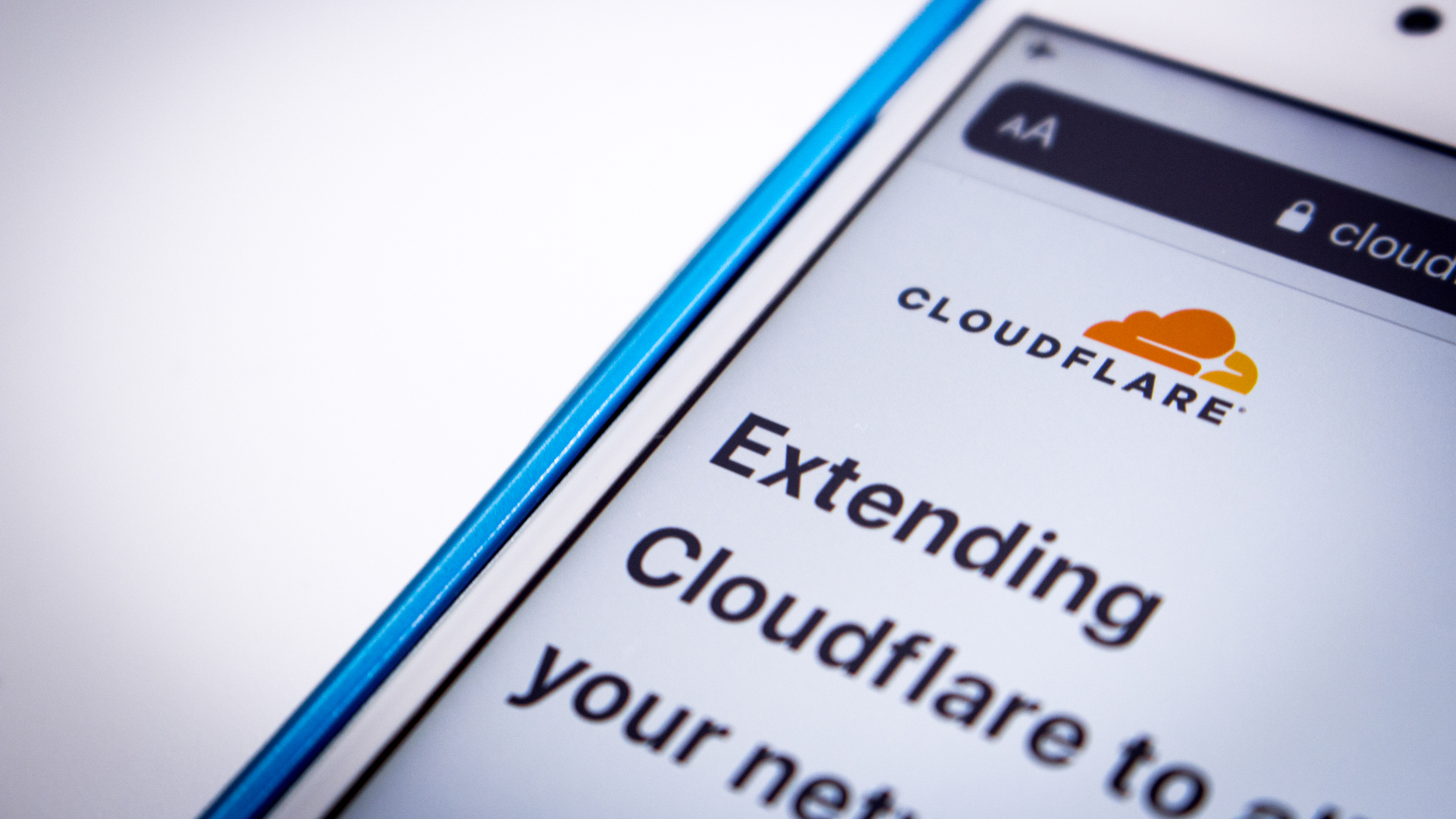One in four servers unpatched for Kaminsky flaw
Organisations and businesses worldwide are still leaving themselves open to DNS vulnerabilities.

Research has revealed that one in four servers is unpatched for the Kaminsky vulnerability.
This was according to an Infoblox survey of Domain Name System (DNS) servers, based on a survey of IPv4 address space sampling nearly 80 million addresses.
One in four servers did not perform source port randomisation, the patch' for the Kaminsky flaw. This removes the predictable nature of DNS source ports and replaces it with a randomised selection technique.
The patch was a multi-vendor effort which gave companies like Cisco and Microsoft the chance to fix the problem before attack code was circulated online.
It also required administrators to upgrade their name servers, but it was claimed that 40 per cent had not been upgraded. The research also revealed that only .002 per cent of DNS zones tested supported DNSSEC.
This left servers accepting open recursive queries from any inquirer, which were vulnerable to cache poisoning and Distributed Denial of Service attacks.
Cricket Liu, vice president of architecture at Infoblox, said that it was surprising that many organisations were still leaving themselves open to attack considering the awareness of the Kaminsky vulnerability.
Get the ITPro daily newsletter
Sign up today and you will receive a free copy of our Future Focus 2025 report - the leading guidance on AI, cybersecurity and other IT challenges as per 700+ senior executives
He said: "Even if an enterprise has gone to the trouble of patching against the Kaminsky vulnerability, there are many other aspects of configuration, like recursion and open zone transfers that should also be secured.
"If not, organisations are essentially locking their door to their house, but leaving the windows wide open."
DNS servers are network infrastructure which maps domain names to IP addresses. Domain name resolution conducted by the servers is needed to perform any internet-related request.
The survey did reveal a bit off good news with the usage of unsecure' Microsoft DNS servers connected to the internet disappearing rapidly. Only 0.17 per cent of the addresses relied on it.
An IT PRO history of the Kaminsky flaw is available here.
-
 Bigger salaries, more burnout: Is the CISO role in crisis?
Bigger salaries, more burnout: Is the CISO role in crisis?In-depth CISOs are more stressed than ever before – but why is this and what can be done?
By Kate O'Flaherty Published
-
 Cheap cyber crime kits can be bought on the dark web for less than $25
Cheap cyber crime kits can be bought on the dark web for less than $25News Research from NordVPN shows phishing kits are now widely available on the dark web and via messaging apps like Telegram, and are often selling for less than $25.
By Emma Woollacott Published
-
 DNS loophole could allow hackers to carry out “nation-state level spying”
DNS loophole could allow hackers to carry out “nation-state level spying”News Sensitive data could be accessed from corporate networks using vulnerability
By Rene Millman Published
-
 What is DMARC and how can it improve your email security?
What is DMARC and how can it improve your email security?In-depth Protect your customers and brand rep with this email authentication protocol for domain spoofing
By Gabriella Buckner Published
-
 Cloudflare and Apple launch privacy-focused DNS protocol
Cloudflare and Apple launch privacy-focused DNS protocolNews Oblivious DNS-over-HTTPS safeguards users' browsing habits from third parties
By Sabina Weston Published
-
 What is DNS?
What is DNS?In-depth We explain what DNS is, how it works, and how outages can be avoided
By Dale Walker Last updated
-
 D-Link routers under siege from months-long DNS hack
D-Link routers under siege from months-long DNS hackNews The attackers are running malicious IPs through a Google Cloud Platform virtual machine
By Connor Jones Published
-
 SMBs warned over corrupted SOHO router risk
SMBs warned over corrupted SOHO router riskNews Team Cymru researchers claim 300,000 routers may have had their DNS settings changed by cyber criminals.
By Caroline Donnelly Published
-
 Will the FBI close down your online business this March?
Will the FBI close down your online business this March?In-depth In tackling the DNSChanger botnet, the FBI may take a load of businesses offline. Davey Winder is, unsurprisingly, anxious...
By Davey Winder Published
-
 DNS Changer botnet smashed in major cyber crime bust
DNS Changer botnet smashed in major cyber crime bustNews A botnet that is thought to have earned its controllers $14 million is dismantled.
By Tom Brewster Published